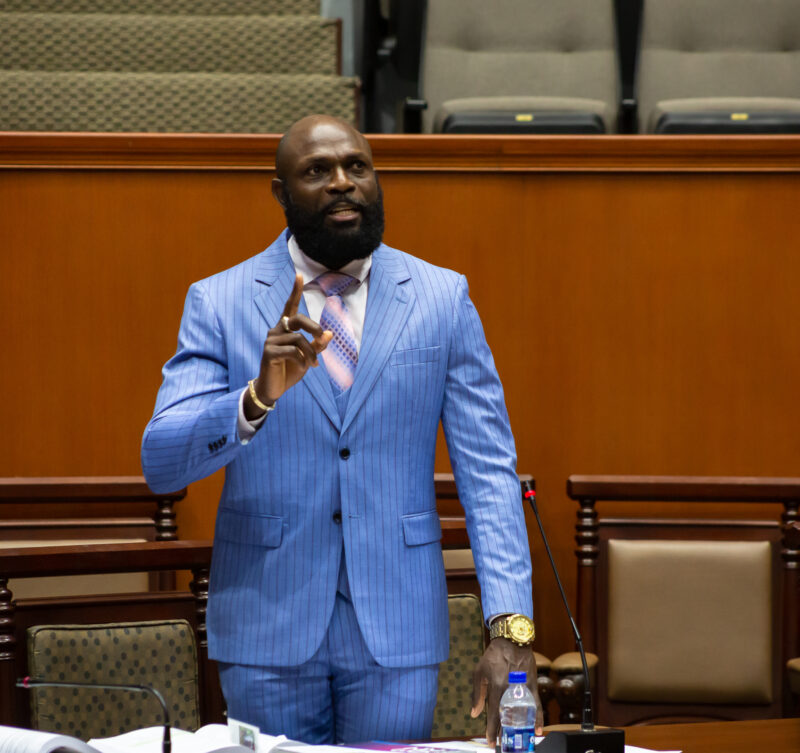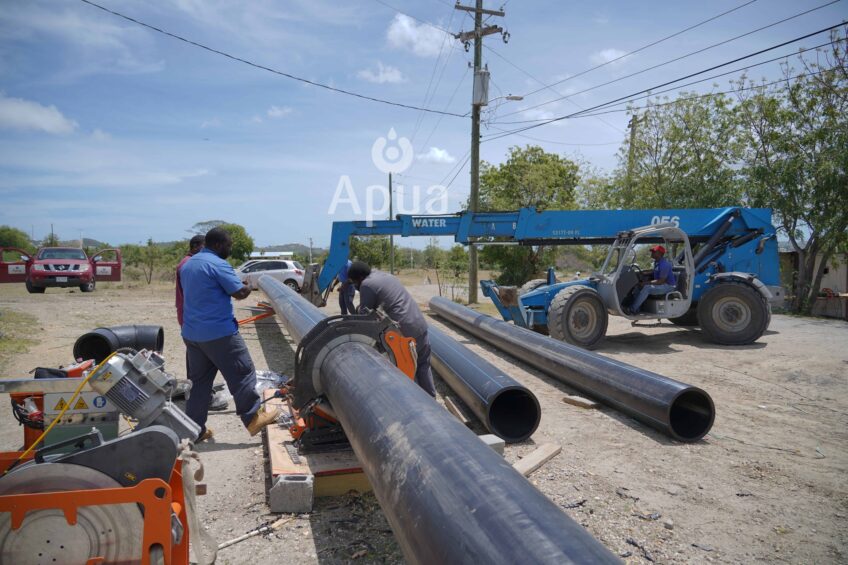


High Court Dismisses Antigua’s Payment Proposal in HMB Holdings Case
The High Court of Justice in Antigua and Barbuda has dismissed a government application to settle its remaining compensation debt to HMB Holdings Limited through a long-term payment plan.
This decision stems from a legal battle that has spanned nearly two decades, involving the compulsory acquisition of 108 acres of beachfront property at Half Moon Bay.
HMB Holdings had its land compulsorily acquired in 2007 after its hotel on the site was destroyed by a hurricane in 1995.
Following years of litigation, the Privy Council in 2014 ordered the government to pay $26.6 million in compensation plus interest. While some payments have been made, a substantial portion of the debt remains unsettled.
The government sought approval to repay the outstanding amount of $15.6 million in interest over 20 years through semi-annual installments of $734,888.97. However, the court found this timeline inconsistent with the constitutional requirement for compensation to be paid within a reasonable time.

Justice Rene Williams ruled that the proposed payment schedule, which would extend to 2046, violates the Constitution of Antigua and Barbuda.
Section 9 mandates “fair compensation within a reasonable time” for compulsory acquisitions. The judge emphasized that approving such a prolonged repayment plan would perpetuate a constitutional breach.
In addition to rejecting the government’s proposal, the court also declined to approve HMB Holdings’ counter-proposal, submitted by director Natalia Querard.
The company’s plan called for a $10 million payment in 2023 followed by smaller annual installments. Justice Williams stated that such a plan would effectively force the government to divert funds from essential budgetary allocations, potentially disrupting government operations and critical public services.
The court emphasized that while compensation must be prioritized, it must not come at the expense of basic governance and essential service delivery.
The government argued that its current fiscal constraints, exacerbated by the COVID-19 pandemic and global economic challenges, prevent immediate or large lump-sum payments.
Financial Secretary Rasona Davis-Crump highlighted that government revenues are significantly outpaced by expenditure, including public debt obligations.
HMB Holdings criticized the government’s reluctance to prioritize the debt, arguing that the delay reflects a disregard for its constitutional and statutory responsibilities. The court noted that while HMB’s concerns were valid, the government’s broader financial realities could not be ignored.
Justice Williams acknowledged the government’s economic challenges but stressed that constitutional requirements must take precedence.
The court urged the government to submit a revised payment schedule that ensures the debt is fully repaid within a maximum of 10 years, balancing fiscal realities with constitutional obligations.
This decision highlights the ongoing complexities of balancing fiscal responsibility with legal and constitutional mandates, leaving both parties with significant considerations as they move forward in resolving the dispute.
Advertise with the mоѕt vіѕіtеd nеwѕ ѕіtе іn Antigua!
We offer fully customizable and flexible digital marketing packages.
Contact us at [email protected]
Related News

SIMON: Stop the Half-Measures: Demand Real Road Safety and Accountability for Pumphouse Ra...

Newton Defends Government’s Response to Water Crisis

ABLP statement on the tragic passing of Shawn Jones










